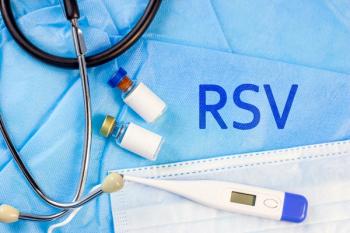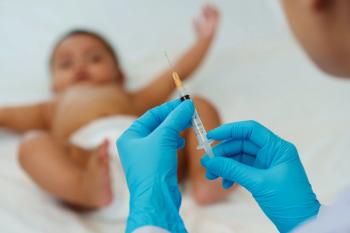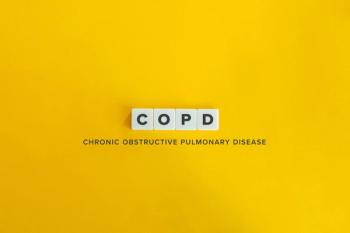
International Panel Issues Weak Recommendation for Remdesivir in Severe COVID-19
A panel has given a “weak recommendation” for the use of remdesivir in patients with severe coronavirus disease 2019.
An international panel issued a “weak recommendation” for the use of remdesivir in severe coronavirus disease 2019 (COVID-19), following review of 2 randomized clinical trials, according to a paper published in The BMJ.
The panel also determined its strong support for continued recruitment in randomized trials for further study.
A contender for the treatment of COVID-19, remdesivir has gained widespread attention for its potential efficacy and use in clinical practice for the disease. On May 1, 2020, remdesivir was granted Emergency Use Authorization by the FDA in response to studies conducted by Gilead and the National Institutes of Health.
A guideline panel produced these recommendations in adherence with standards for trustworthy guidelines using the GRADE approach. The panel was selected to maximize multidisciplinary and regional representation, including COVID-19 survivors, intensivists, internists, infectious disease specialists, public health specialists, family physicians, pharmacists, and methodologists.
According to the report, the panel used a linked systematic review and network meta-analysis, as well as individual patient perspectives and contextual factors, to make their determination.
The panel did a systematic review of 2 randomized trials that looked at 1300 patients, and found “low certainty evidence that remdesivir may be effective in reducing time to clinical improvement and may decrease mortality in patients with severe COVID-19”.
In late May, the ACTT-1 randomized controlled trial of remdesivir, which was published in The New England Journal of Medicine, reported a reduction in time to recovery from severe COVID-19 among patients treated with remdesivir compared with placebo. However, the study did not find important differences in mortality or need for ventilation.
As a result, the recommendations call for “remdesivir rather no remdesivir in patients with severe COVID-19.”
The panel noted that, “remdesivir probably has no important effect on need for invasive mechanical ventilation. Remdesivir may have little or no effect on hospital length or stay.”
Pending future data, the panel maintained that randomized controlled trials of remdesivir in patients with COVID-19 should continue, with further information to identify subgroups that may be more or less likely to benefit from the therapy.
According to the panel, future research priorities for remdesivir in COVID-19 should include:
- Larger scale randomized controlled trials to clarify the effects on time to clinical improvement and further evaluate safety, as well as remdesivir’s effects on other patient-important outcomes such as mortality, need for invasive mechanical ventilation, duration of hospitalization, and quality of life.
- Determination of optimal dose, time of starting treatment, and duration of therapy, and whether remdesivir is best given alone or in combination with other interventions.
- Specific subgroups of patients most likely to receive benefit with remdesivir therapy.
In a recent Drug Topics® podcast episode, Julie Ann Justo, PharmD, infectious diseases clinical pharmacist and associate professor at the University of South Carolina College of Pharmacy, discussed her thoughts on remdesivir and what the clinical data mean. According to Justo, the data overall so far suggest that remdesivir is best for patients that are early in their hospital admission, and not yet to the point of requiring life support care.
“Taking that into account, I’m still interested in seeing further information about whether or not remdesivir will provide any help for patients with mechanical ventilation…” Justo said. “A lot of clinicians are very interested in seeing if remdesivir could help even more severely ill patients, like mechanically ventilated folks, if it’s used in combination with other agents such as convalescent plasma, or immunotherapies, such as tocilizumab or sarilumab, all agents that are currently being considered as experiments agents in actual bedside situations.”
Reference
- Rochwerg B, Agarwal A, Zeng L, et al. Remdesivir for severe covid-19: a clinical practice guideline. BMJ. 2020. Doi:
https://doi.org/10.1136/bmj.m2924
Newsletter
Pharmacy practice is always changing. Stay ahead of the curve with the Drug Topics newsletter and get the latest drug information, industry trends, and patient care tips.























